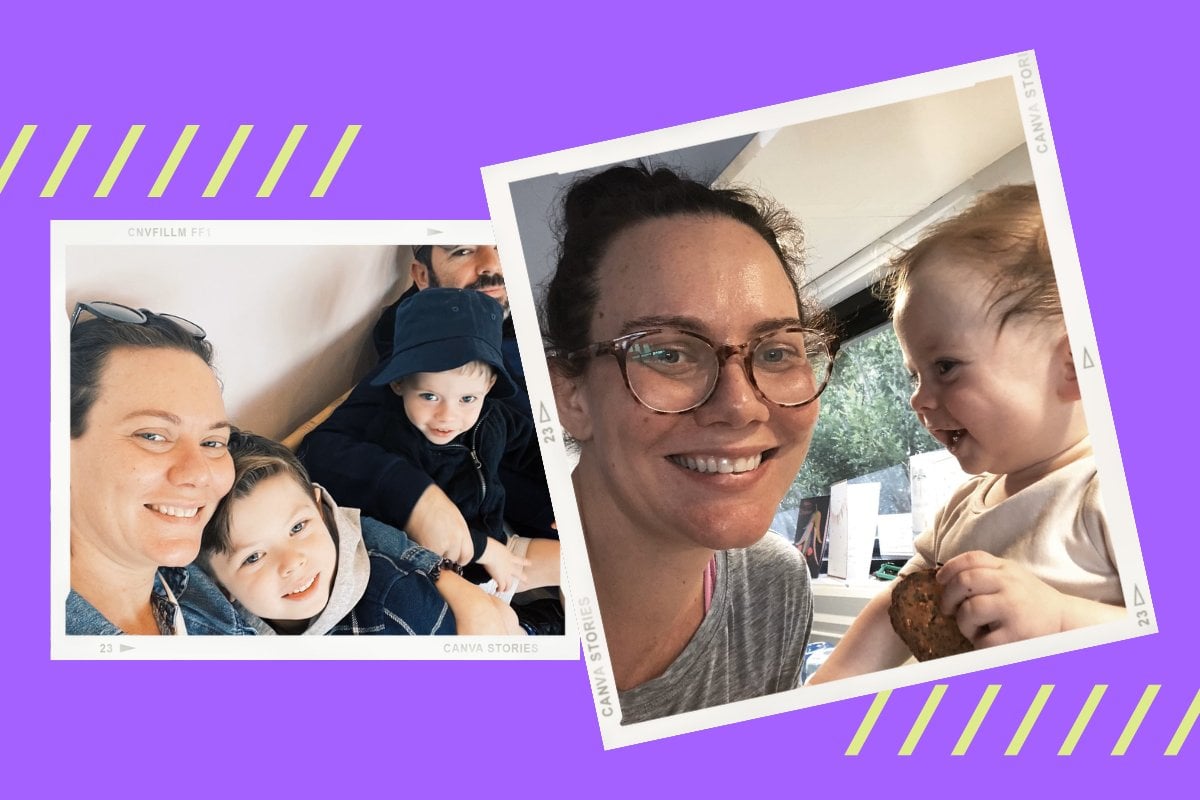
“You have mastitis? How are you feeling? Do you have a fever? Does it feel like the flu?” Larissa recalls the reactions from her friends when the (then) 38-year-old told them she was on antibiotics for mastitis after noticing a hard lump in her breast while breastfeeding her eight-month-old baby, William, in October 2020.
“I’m ok. Just tired.”
“Oh, that’s tough. How is he sleeping? How does Henry like being a big brother?”, were the typical responses. All very normal catch-up conversations. But after a round of antibiotics, the lump hadn’t gone away. Larissa noticed William was becoming very fussy when he was feeding on her left side.
“I went back to the doctor who prescribed me a second round of antibiotics, but nothing changed. I started to get a feeling of dread in the pit of my stomach. It just didn’t feel right.”
Watch Camilla Franks’ message to the National Breast Cancer Foundation (NBCF). Post continues below.
Larissa, who is a Health and Safety Manager in Brisbane, wanted answers, and asked to be referred to a breast specialist. An ultrasound supported the mastitis diagnosis, but she still wanted to know what was causing the lump that wouldn’t go away. She pushed for a biopsy, and it was lucky she did.




























































































